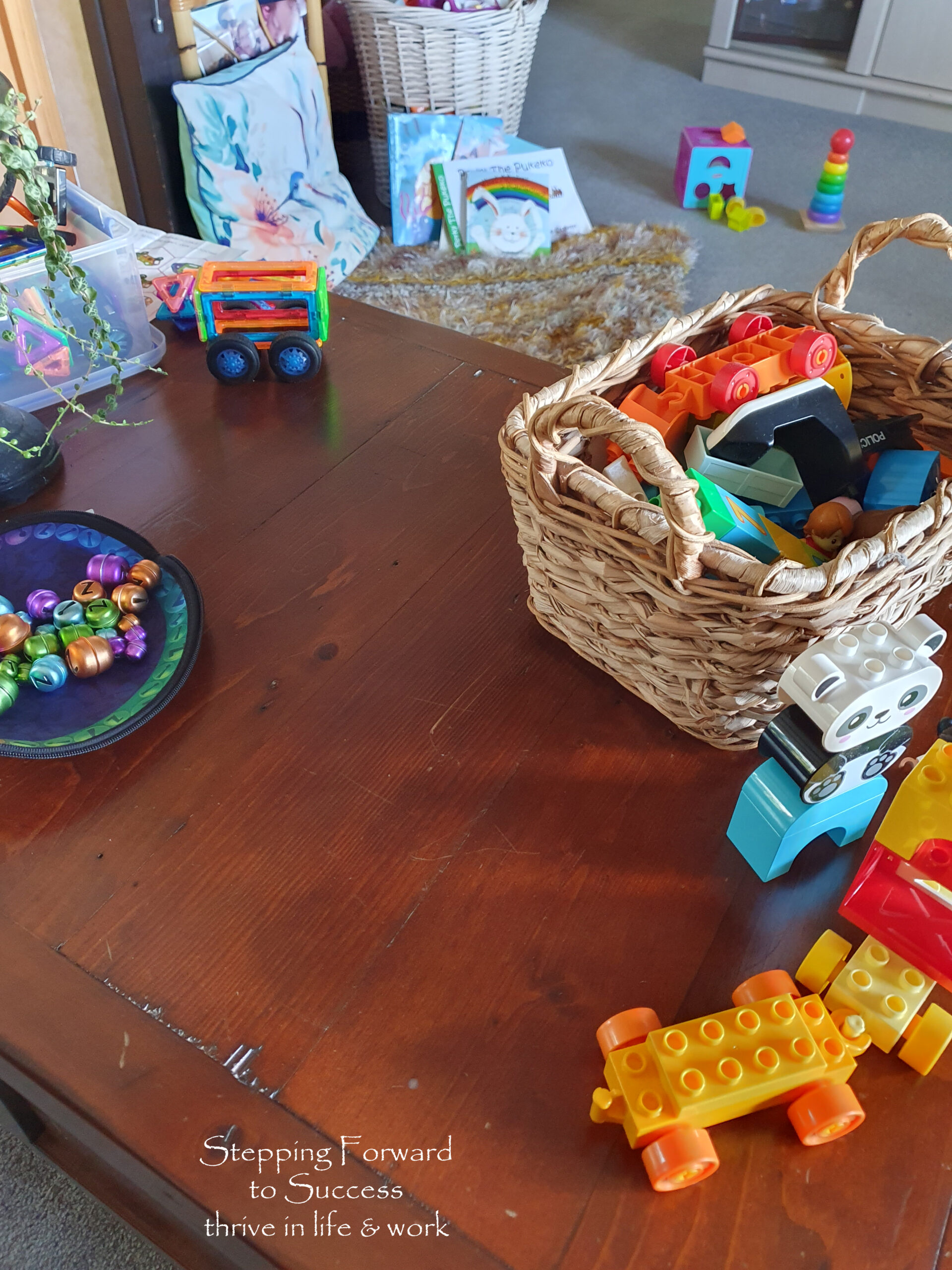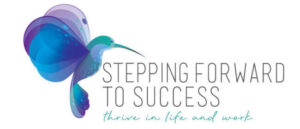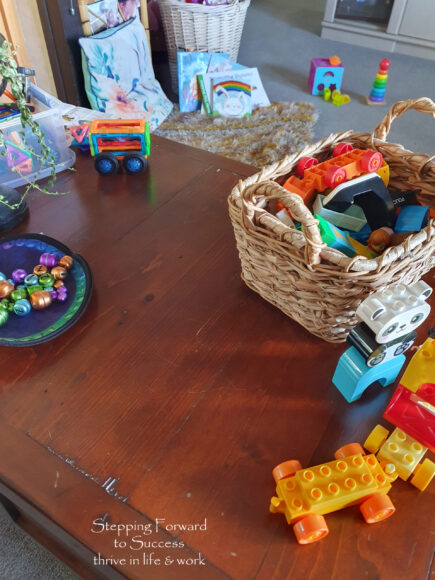It is amazing what children can learn from play.
Able to explore simple concepts like sharing or much more in-depth skills like emotional regulation, play allows children to develop in a natural and holistic way.
How can you harness the power of play-based learning in your inquiries?
That is exactly what we are exploring in this article. Keep reading to discover more about this amazing learning tool for children.
The Power of Play-Based Learning

Play-based learning, or learning through play, is an approach that values the use of play as a learning tool in the early childhood environment. As you well know, it’s an extremely valuable tool that allows children to use their imagination and curiosity to explore, experiment, discover, and learn to solve problems.
Play comes naturally to children, so this form of learning aligns with their natural development. The skills they learn through play can help them significantly throughout their schooling career, providing a great foundation for potential academic success.
More than academia, play-based learning sets children up to function well in society as they sharpen their social skills via interactions with their peers and educators, and they learn to solve “problems” both independently and with support from others. That’s what makes play-based learning a fantastic inquiry topic.
Using Play-Based Learning in Inquiries
There are plenty of inquiry ideas you can pursue when it comes to play-based learning. Here are just some of the areas that you might be able to develop further in your centre.
Understanding
When children are engaged in play, they are actively participating in learning. And the great thing is, they are simply having fun, so they don’t necessarily realise how much they are learning in the moment! When they are able to touch, feel and navigate different objects they gain greater understanding and can retain information more easily.
Play-based learning can take place in either a structured or free play environment. The whole idea is to give the children hands-on learning opportunities by knowing them and creating an environment that supports their learning outcomes with thoughtfully planned activities and experiences. This is what will increase their level of understanding.
So, consider how you might be able to incorporate the hands-on style of learning into one of your upcoming inquiries for really fascinating results.
Social Skills
Another area to explore is how the children are developing their social skills through play. There’s a lot to practice when playing with other children. You have to be able to interact in a friendly and polite way, along with sharing, taking turns and negotiating. Conflict resolution is also another key skill that children will get to experiment with in this social environment.
Not only do they get to practice all these great life skills, but they also get to become a valued part of the centre family. Being a helpful friend can be especially rewarding for little ones too.
Language Skills
Communication is a big part of being social with their peers. So, while they are in the midst of playing and interacting, the children are also working on developing their language skills. There are a whole bunch of language-related benefits to play-based learning.
Imaginative play not only helps them to learn new vocabulary and language concepts, but it also helps their storytelling abilities to develop. With all those cognitive pathways firing, the children are honing their communication, they are working on their memories and even a bit of problem-solving enters the equation.
Emotional Development
Understanding all those big emotions can be one of the trickier aspects of learning. As a toddler or preschooler, it can be hard to work out how or why they are feeling a certain way, let alone know how to process those feelings. Play-based learning provides a non-threatening environment to practice those skills through imaginative play.
It’s also a great way to get more understanding about different social roles and how to positively contribute to a situation. All of this can really help children who feel a lot of stress, or even anxiety. Plus, it is developing the all-important skills of empathy and kindness.
That’s an awful lot of learning from a short play session!
Creativity
Creativity is an essential skill for preschool children. It fosters critical thinking skills by supporting the children with exploring ideas and connections, gives them the tools for self-expression, builds confidence in their own abilities, encourages experimentation, and with support teaches them how to react when things don’t go to plan, and perhaps most importantly, creativity encourages a foundation for lifelong learning and innovation.
Play-based learning is the perfect way for the creativity of children to shine. Through imaginative thinking the children can invent scenarios, and stories, flexing those creative muscles. They can also work through any problems that arise, developing (hopefully) workable solutions.
All of these skills will set them up for success later in life, as they encourage adaptability and innovation.
Exploring Play-Based Learning
Play-based learning is a fascinating topic to explore in your inquiries and beyond. With so many different facets, you can pick the area that interests you the most, or an area you want to further develop and create impactful change at your Centre.
The first thing to do is speak with your mentor about the opportunities and establish what play-based learning inquiries have already been undertaken. Then, look for ways that you could build on those areas, or explore a completely new idea.
If you are feeling stuck or need further inspiration, sometimes it can be really valuable to go over your ideas with an experienced external mentor. Able to offer as much or as little support as you need, and even work in a triangular fashion between yourself and your current mentor, new perspective and expertise can be invaluable.
As an experienced ECE Coach and Mentor myself, I’d love to help you explore these ideas in greater detail. Don’t hesitate to reach out to me for support in this area.
I have a couple of resources available to make the process of working through your inquiries smoother, “A Guide to Implementing Teaching Inquiry” and “The Roadmap”. Information is available here. For more about the inquiry cycle, and this provides questions to provoke reflective thinking: https://steppingforwardtosuccess.co.nz/everything-you-need-know-about-the-inquiry-cycle/
The Roadmap can also give you access to other teachers at the same stage as you via a private Facebook group to connect and ask questions. Find out more about the Roadmap here. Check it out here: https://steppingforwardtosuccess.co.nz/roadmap-navigating-ece-provisional-teaching/
Click here to read more about the Roadmap or click here to purchase the Roadmap to Certification e-book for Provisional Certified Teachers. Alternatively, if you are wanting to learn more about my packages, reach out today.
Useful links:
My Website

